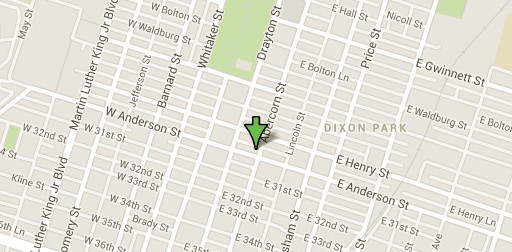Partial dentures are probably the least popular restoration in dentistry. Most patients are unhappy with them, but dentures are often even more unhappy with them. Partial dentures are an outdated solution for the loss of one or several teeth. Although some people get value from them, they can cause more problems than they solve. And that’s when it’s time to replace them with dental implants, which look and function like natural teeth.
How do you know when it’s time to replace your partial denture with dental implants? Here are some signs to watch for.
Partial Denture Hurts
Partial dentures are fundamentally unlike your natural teeth. Natural teeth are firmly anchored and supported in your jawbone. But partial dentures just sit on top of your gums. Instead of directing the force of biting onto your bone, partial dentures put this force on your gums, which are not capable of handling it. This leads to sore gums. If your gums are persistently sore with your partial denture, it’s time to get dental implants.
Note that this is different than the natural soreness you may experience when you first get your partial denture. It can take time to adjust to wearing your denture, and in the meantime it’s likely that you will experience soreness. But if soreness persists for more than six months, or starts again after you’ve adapted to your dentures, then it’s probably time to replace your partial dentures with dental implants.
Your Diet Is Too Limited
Partial dentures are generally ineffective for eating. Most people remove a partial denture when eating. But how well you are able to adapt to eating with less than a full set of teeth depends on the individual.
If you find that you’re not able to enjoy all the foods you used to enjoy, or–worse–your doctor has noticed signs of malnutrition related to your diet, it may be time to get dental implants. Dental implants function like natural teeth, and you’ll be able to resume eating all your favorite foods. This is great for your long-term health, not to mention your quality of life!
Teeth Adjacent to Denture Are Damaged
One problem with partial dentures is that they depend on neighboring teeth as anchors. Typically, this means that partial dentures have metal clasps and hooks that go around your natural teeth to hold the denture in place.
The problem is that, over time, this can lead to wear on these teeth. Even if the clasps don’t wear away the tooth enamel, they can provide a place for plaque to accumulate, leading to increased risk of tooth decay where the clasps are. If you’ve noticed physical wear on the anchoring teeth or if you’ve started to develop more cavities than usual at these places, then maybe it’s time to consider getting dental implants.
Natural Teeth Are Getting Worn
Because your partial denture isn’t very good for eating and may be painful, you’ve probably changed your chewing patterns to direct more of the force to the opposite side of the mouth. Chewing disproportionately in one area of the mouth can be bad for your teeth. It can lead to significant wear on these teeth that are being used more often than they should.
If you notice that the teeth you use more often for chewing are starting to get worn too much, then it’s time to consider getting rid of your partial denture and getting dental implants.
Your Bite Is Changing
Your bite is a complex system that develops from the interaction between your muscles, nerves, joints, and teeth. It develops over time from the habitual application of these disparate elements, leading to bite processes that can be healthy, comfortable, and efficient, or can be destructive, painful, and draining.
When you adapt your chewing away from one side of the mouth and move to the other, you might be fostering unhealthy bite patterns that will lead to problems in the future. The longer the unhealthy bite pattern is allowed to persist, the worse the injury can be. For example, a bite problem can accelerate tooth wear, and as the teeth get more worn, the bite will get more out of position and more imbalanced.
If you notice sore jaw muscles, regular headaches, or other TMJ symptoms, it’s time to talk to a dentist about getting dental implants that will allow you to chew normally. Make sure you’re talking to a neuromuscular dentist who can diagnose and treat bite problems related to your partial denture.
Are You Ready for Dental Implants?
If you’re tired of the limitations provided by partial dentures and want to experience the better life that dental implants can provide, we can help. Please call (843) 706-2999 today for an appointment with a Hilton Head implant dentist at Beyond Exceptional Dentistry.




